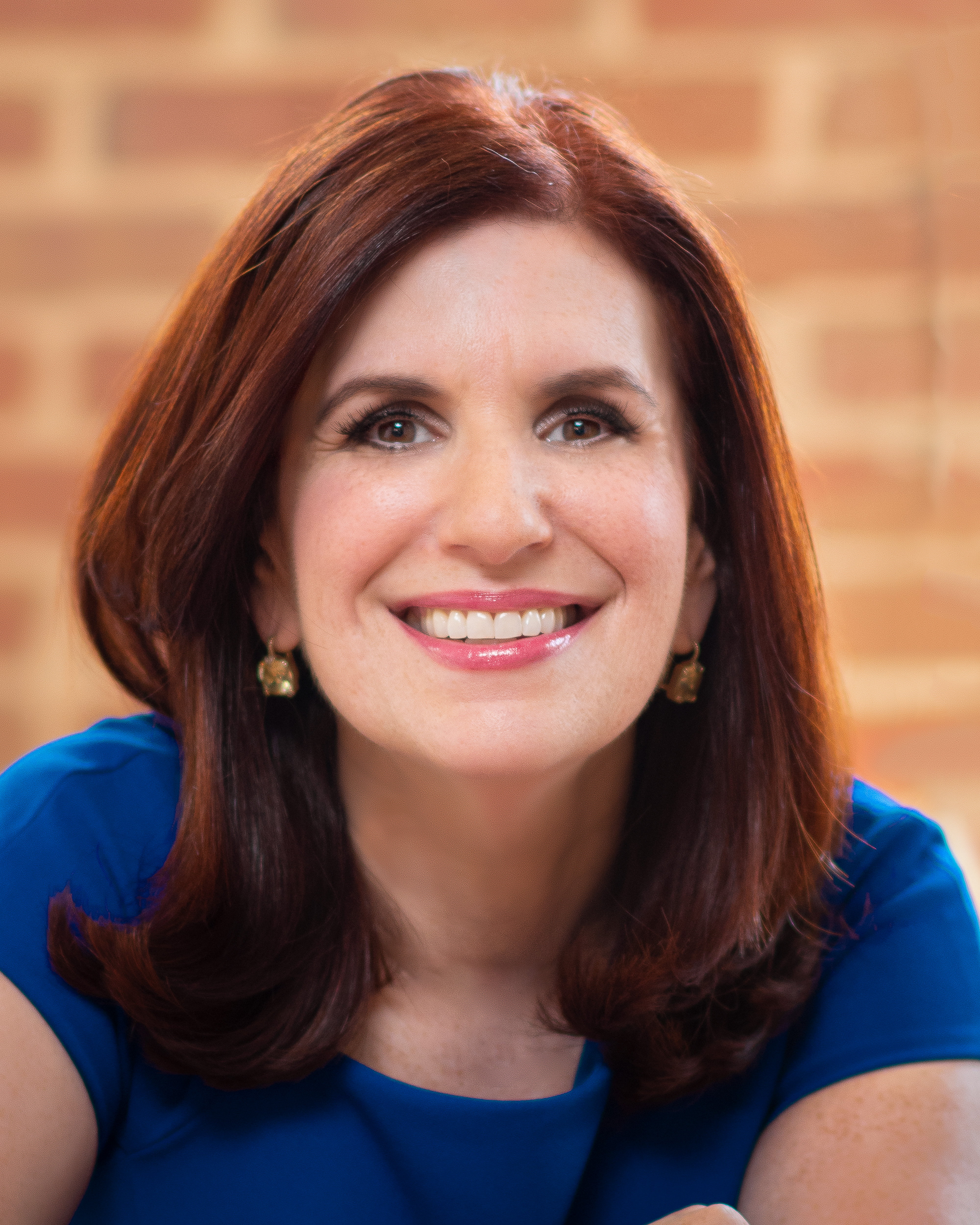What did you want to be when you grew up? At age 11, my dream was to be a “space engineer,” which I defined as engineering rocket ships and then piloting them as an astronaut. That career path was derailed shortly thereafter by my lack of aptitude for eighth grade algebra, but I rebounded just fine. Whether you aimed to be a ballerina, train conductor or a star quarterback, at some point most of us outgrew those childhood dreams. But what happens when a dream held as an adult no longer works for you?
I became an entrepreneur in 2001 following a massive corporate layoff – starting as a PR consultant and building an award-winning boutique agency. Grew a great team and occupied a fancy office space, savoring having my name on the door. Then that dream turned into a nightmare when the recession brought it crashing down in 2009. Suddenly, new business dried up. I had to let go of employees after nurturing their careers and found myself loaded down with more than $80,000 in business debt and a six-year office lease without an escape clause. I felt ashamed, like a complete, absolute failure. Working from home for the next few years allowed me to pay off my debt while subleasing the expensive office suite, but the stress took its toll. I developed Crohn’s Disease and struggled with my self-esteem. It was only when I started to think about releasing that dream, and the expectations of others, that things got better.
Letting go of preconceived notions made me realize having my own business no longer mattered. My interest in human potential deepened and I became a certified executive coach. Determine to bring my communications expertise together with a strong passion for culture and leadership, I started to explore corporate jobs. Recruiters tried to pigeon-hole me into narrow PR leadership roles, claiming that more wasn’t possible. Ignoring naysayers, I landed a great job in 2014 and now serve as the Chief Communications Officer of a $2 billion company. During my free time, I enjoy writing articles about well-being at work and am working on a book project to help people get unstuck. In retrospect, moving past that old dream to craft a new way of being allowed me to claim a better, more fulfilling life.
Ready to let go of a dream that no longer works for you? Here are five ways to do that:
Take a pause. It’s hard to think clearly in today’s 24/7 world, where there is constant pressure to check texts and social feeds, know which frenemy is casting shade on Cardi B, juggle childcare and perform well at work. Stepping back to let yourself breath and think clearly can help you identify if you’ve evolved past a dream and if so, how to best let go of it. Rachael O’Meara, the author of PAUSE: Harnessing the Life Changing Power of Giving Yourself a Break, notes that even short pauses can make a difference. “You could be facing a challenge and instead of pushing through it, choose to take ten minutes today and really be with yourself, think, journal or talk about it to be more in tune with your feelings,” she says.
Make peace with your ego. Worried about losing face in front of others? Consider that we have all had a career failure, disruption or disappointment at some time – and that list includes Oprah Winfrey, Steve Jobs, Walt Disney and Michael Jordan. When you stop letting that disappointment define your identity, it becomes easier to move on.
Treat yourself like a friend. You may be able to forgive others, but can you do the same for yourself? It may help to consider what you would say to a dear friend who has experienced a broken dream. Jot down what you would tell that person and the encouragement you’d offer. Apply those same words now to you and your situation.
Practice gratitude. Reframe the loss by focusing on what you do have. Make a list of the goodness in your life, including everything that comes to mind like your health, relationships, personal qualities, places visited, acts of kindness you’ve practiced or received, etc. Re-read that list, letting each item increase your sense of gratitude. How do you feel about your old dream given this perspective?
Consider what’s possible. From a place of gratitude and forgiveness, identify what lights you up as the person you are today. Could it be solving logistical problems instead of making sales calls? Can the lessons of your broken dream help inspire or educate others? Focus on bringing your established talents and skills together in a new direction that piques your excitement.


